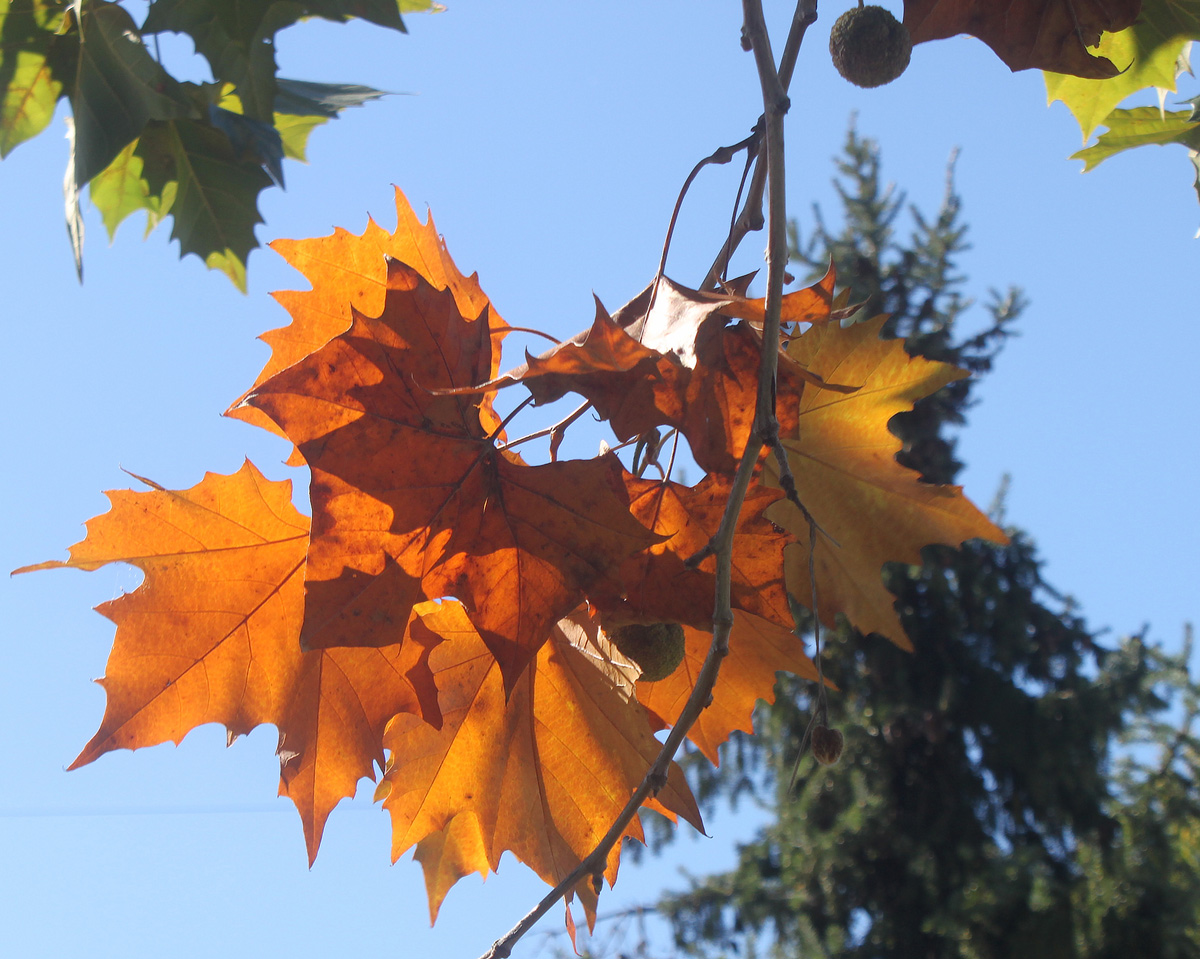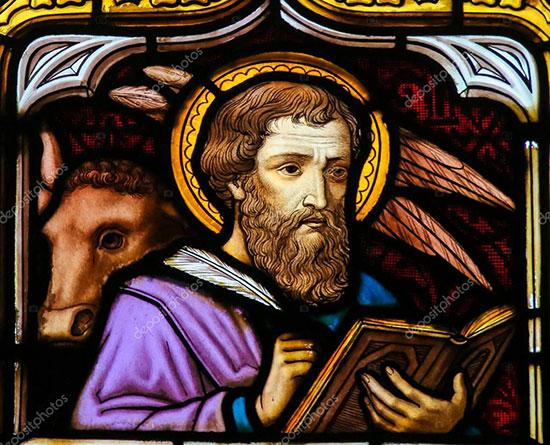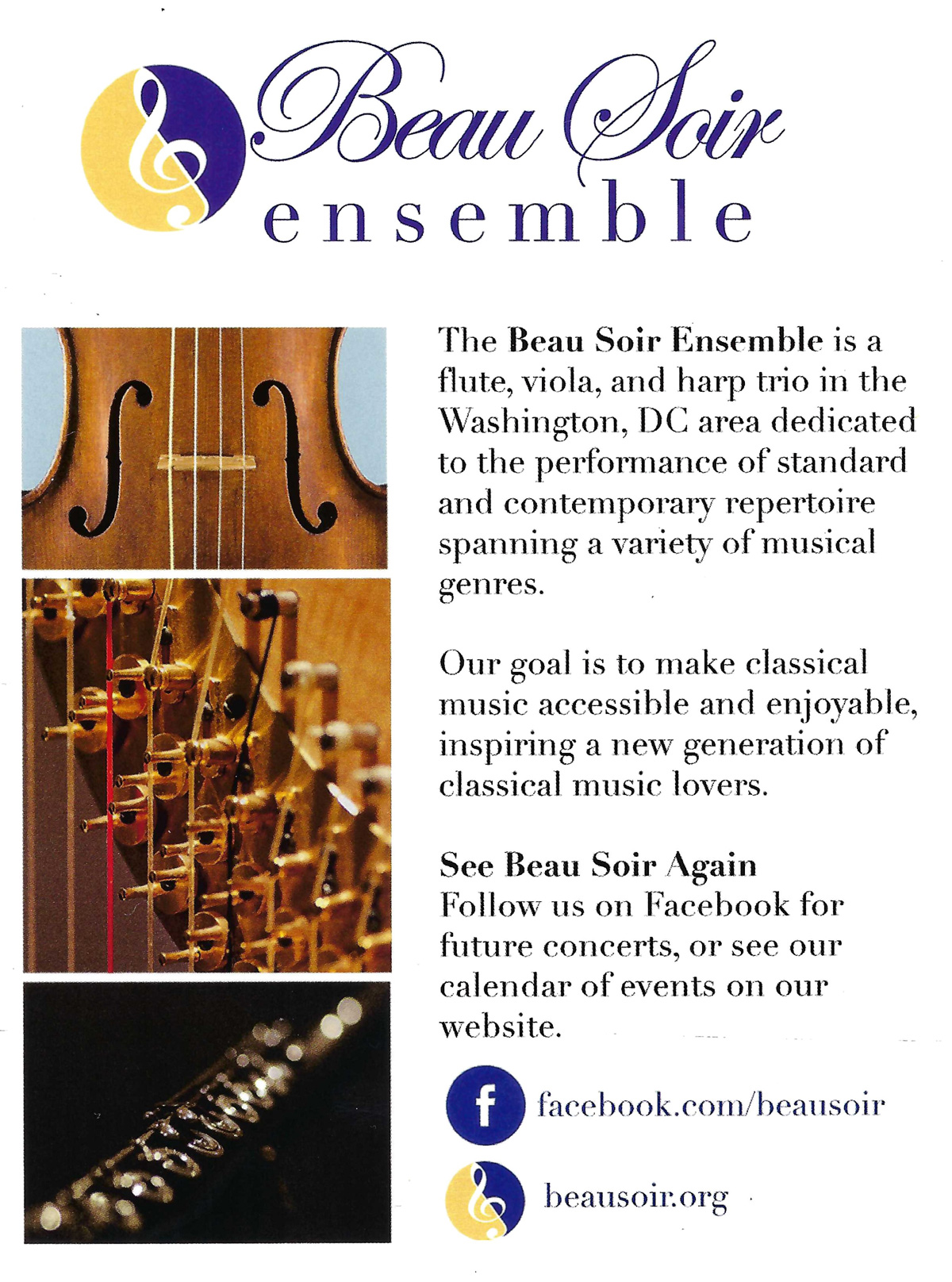1. Prelude – “Lead me, Lord”
2 Hymn – “I to the hills will lift mine years
3. Gospel from Luke 18:1-8
4. Sermon – the Unjust Judge
5. Offertory – “Jesus Teach Me”
St. Peter's Episcopal Church, Port Royal, VA

We are a small Episcopal Church on the banks of the Rappahannock in Port Royal, Virginia. We acknowledge that we gather on the traditional land of the first people of Port Royal, the Nandtaughtacund, who are still here, and we honor with gratitude the land itself and the life of the Rappahannock Tribe. Our mission statement is to do God’s Will in all that we do.
1. Prelude – “Lead me, Lord”
2 Hymn – “I to the hills will lift mine years
3. Gospel from Luke 18:1-8
4. Sermon – the Unjust Judge
5. Offertory – “Jesus Teach Me”
Beau Soir Concert Oct. 14 2022(full size gallery)

Photo Gallery of early fall color, Oct., 2016

Harvest Scene
Oct. 16, 11:00am – Holy Eucharist, Pentecost 19
Pentecost 19, Oct 16, 2022(full size gallery)
Click here to view in a new window.
“This peculiar story of the widow’s astonishing (read: countercultural) behavior is intended, as parables are, to disturb and reveal disruptive truth. It not only says something about how important it is for us to pray without ceasing, it also names what we should be praying for: justice. The widow is so certain of God’s justice that she acts in resolute faithfulness and courage, in anticipation of that certainty. She is anything but passive or powerless, as the ancient stereotype went.
“This kind of resolute faithfulness and sheer, dogged persistence, also demonstrated in ordinary and extraordinary women of the Bible and in social justice history — speaks to Christians today of the courage it takes to reject barriers and social norms, in the name of justice and human flourishing. Who among us will persist in the quest for justice? Like the widow pleading her own case before the unjust judge, we must not take no for an answer. It is a matter of faith. It is a matter of trust in God’s goodness — and in our commitment to claiming God’s reign of justice with constancy.”
—Dr. Kathy Bozzuti-JonesA longer interpretation where Author Amy Jill Levine says this scripture forced her to reexamine her own views
I. Theme – Seeking intimacy with God through scripture study and constant prayer

"Old Woman Praying"-Aert de Gelder (1700)
The lectionary readings are here or individually:
First Reading – Genesis 32:22-31
Psalm – Psalm 121
Epistle – 2 Timothy 3:14-4:5
Gospel – Luke 18:1-8
Today’s readings encourage us to seek intimacy with God through scripture study and constant prayer. As he wrestles with God, Jacob becomes Israel, patriarch of God’s people. Paul commends the use of "the sacred writings" for growth in the faith. Jesus illustrates how, unlike an unjust judge, our God welcomes our persistent prayers and quickly gives justice.
This image of God as companion also appears in today’s psalm, Psalm 121. There, God is as close as a person’s hand, and as welcome as shade from the sun. The psalmist’s image of God as guardian will ring true for anyone who has felt insecure about sleeping in an unfamiliar place. While most of us don’t have bodyguards, we still know how the presence of a trusted friend in a strange situation calms fear and enables sleep.
There are really 3 themes in today’s readings. 1) the meaning of divine law and its relationship to our well-being, 2) the inspiration of scripture and its role in sharing God’s news, and 3) persistence in prayer and the question of unanswered prayer. These themes are woven together by a vision that God acts in ways that invite us to be part of a greater adventure, companionship with God in healing the world. Alignment with divine evolving order, sharing the good news of an open-spirited gospel that reflects a living, moving God, and prayerful persistence in seeking the greatest good are all responses to God’s vision of Shalom
Today’s readings can prompt us to reflect on our own prayer. Do we approach prayer as an unsavory bargaining process in which we must wrangle what we want? Or do we see prayer as an encounter with our dearest love?
Faith is not just a journey, but a struggle. We all struggle at times with doubts but we perhaps struggle even more with being in community with one another. But our God is the God of community: the God of a people, the God of all peoples, the God of Creation. And we struggle and wrestle with one another and with God. But when we are persistent for justice, when we remain faithful to God’s ways—we will see it through. And while we may not change others, we may change the world for ourselves, and through persistence justice, peace, and hope may come.
II. Summary
First Reading – Genesis 32:22-31
This story indicates a turning point in Jacob’s relationship with God. Jacob prepares for the reunion with his brother with his usual instinct for self-preservation, anticipating another contest between Esau’s might and his own shrewdness.
This marvelous story serves as a nexus of Jacob’s life. Its theme of “wrestling” or “striving” is at one with a similar thread of events in Jacob’s life that explore his striving with life itself. The events that underscore this theme are his birth – grabbing at Esau’s heel, the double-dealing with the birthright that was truly Esau’s, his struggle with the stone at the well, and his negotiations with Laban
The mysterious assailant is unexpected. Jacob struggles to compel a blessing from the stranger, as all his life he has tried to ensure God’s blessing through his own stratagems. But he must, instead, first yield up his own name–the essence of himself–and receive a new name for his new life and mission. He is no longer to be the Supplanter or Deceiver, but Israel, "he who strives with God." The naming story is not like that of Abraham, where Abraham really does take on the new name.
Israel also is known as “one who wrestles with God”, for Jacob overcomes the stranger. As we know, the descendants of Jacob become known as Israel, and this image of Jacob wrestling an unknown person becomes a prophetic description of the people’s relationship with their God—a God who is very near to them and yet still mysterious.
Jacob feared to meet Esau, but now encounters God and is allowed to live. The stolen blessing of 27:1-40 is legitimized. Jacob, now Israel, is commissioned as the patriarch of the people who will bear his name.
This passage serves a number of purposes: it explains the name Israel through the actions of Jacob, who represents his future people; it explains the people’s relationship with God; and it explains a dietary restriction for the people on eating meat from the hip socket. This is an incredibly rich passage for the history, culture and identity of the people of Israel as God’s people.
The important point, however, is that Jacob survives, moves on, and comments on the experience, “I have seen God face to face, and yet my life is preserved.” A new day dawns, and a Jacob touched by the experience moves on to meet with his brother
Psalm – Psalm 121
This is one of the songs of ascent, a title given to psalms 120–134. These were most likely songs sung by pilgrims on their way to and from the temple of Jerusalem. Psalm 121 is in dialogue form, possibly between a group of worshipers and a priest, perhaps as a blessing at their arrival at or departure from the temple. The lord, the Creator, will watch over the people day and night.
P salm 121 is a beautiful poem or song of God’s protection from birth to death, from beginning to end. God is not like the native deities, who must be awakened from their seasonal sleep by their followers. God is the “shade” for the people (Psalm 63:7; 91:1; Isaiah 49:2; Lamentations 4:20), sheltering them from every danger of the day and night. The key word is keep, which occurs six times, and emphasizes God’s role as the guardian of the faithful, one who watches over every aspect of our lives (Deuteronomy 28:6).
The initial verse poses a question that is answered in the following verses. The central theme of these verses is confidence in the face of threatening circumstances. The word for “guard” appears some six times during the course of the psalm. God is seen as the one who protects and guides. Verse six deals with both the metaphorical and the real. Protection from the sun would have been an important consideration in Palestine. Protection from the moon, however, gives voice to the fear of being moonstruck or crazy. The final verse seems to be a lovely connection to the idea of entering the Temple precincts with God’s protection. It can, however, be used in all of life. I remember it being used as a blessing at baptisms.
Epistle- 2 Timothy 3:14-4:5
Today’s reading stresses the stabilizing role of tradition in the Church, both the teaching handed down through generations in the family and in the Church community, and the written tradition preserved in scripture (3:16), primarily referring here to the Old Testament.
2 Timothy 3:14-4:5 is often cited as a prooftext for the Bible; the passage indeed says that “all scripture is inspired by God” in 3:16 but we must remember that the New Testament was not put together at that time; the Gospels were not written, the letters of Paul were being circulated and other letters such as 2 Timothy were being composed by disciples of Paul. Scripture in this case is referring to the Hebrew Scriptures, and probably there the Law and the Prophets as many of the Writings were still being collected.
Scripture is “inspired by God” (3:16), that is, God’s life-giving Spirit has been breathed into it. It is thus a positive source for Christian teaching, useful to refute error, to identify sin, to direct people back to the right path and to sustain them on their way.
The God we read about in scripture shaped their lives, but they also forged an understanding of God based on their particular points of reference and level of spiritual and ethical evolution. Accordingly, scriptural inspiration is always “human”: it speaks of God from the perspective of our time and space, and reflects our encounters with the Holy. Scriptural inspiration is concrete, not abstract. Its limitations are the source of its significance.
Christians are to preach the word at all times, in all ways. The situation described in 4:3-4 as a likelihood is in fact already present for Paul (1 Timothy 1:4; 4:7). But in response, the leader is to “do the work of an evangelist” (4:5), that is, of a preacher not restricted to one particular area. He is to fulfill his “ministry” (4:5; literally, his service), the ministry that Christ came to embody and to which all Christians are called.
Gospel – Luke 18:1-8
Luke 18:1-8 contains the parable of the Widow and the Unjust Judge. The preceding chapter ends with predictions about the coming of the Kingdom of God (17:20-21) and the Day of the Son of Man (17:22-37), thus this encouragement to wait with patience and persistence makes sense. Given the difficult times in which Luke records this parable the question becomes even more poignant – can you endure the suffering of the present time so that you can witness the end time?
The widow’s persistence is what pays off in the end, not a change of heart by the judge. This story is found only in Luke. The unjust judge is someone whose concerns are all worldly, centered in this age and characterized by self-interest and evil.
The judge’s motives are not so high. He does not dispense justice because the Law demands it of him, but rather to be rid of a human annoyance . A comparison is made by arguing in rabbinic fashion from lesser to more: if even the unrighteous judge will bestir himself to vindicate the widow, how much more will God act to vindicate God’s elect. Though God acts “quickly” (v. 8), unlike the judge, God’s speed often seems slow to humans.
Luke’s introduction to the parable (v. 1) shifts attention from the judge to the widow, and from assurance of the speedy second coming to an exhortation to persistent prayer until its arrival, however delayed. In the Old Testament, the widow is the epitome of those who, having no wealth or influence, are under God’s special protection. How would the widow have spent her time? Luke hopes that it was a period of prayer and expectation.
In standing up for justice, we are called to be persistent, because we may not change hearts or minds, but in staying true, we change ourselves. We need to look toward the long haul rather than seek simple answers to prayer. There is great wisdom in waiting for the right time and trusting God’s wisdom to respond to our deepest needs on the timetable that is best for us.
Our faith must also be persistent even in times of doubt and struggle—we may not change the minds of others, but we change ourselves. God is persistent with us, constantly reaching to us, and we must be the ones who change and turn towards God.
We may also need to review our relationship with God. If we see God as a miser dispensing graces like candy, we need to realign our image to fit the reality of God as generous parent, always anxious to obtain our good. Along these lines, William Barry explains that mature Christians don’t ask for goodies; instead, they desire intimacy with God. He writes: “Many of life’s problems and challenges have no answer; one can only live with and through them. Problems and challenges, however, can be faced and lived through with more peace and resilience if people know they are not alone.”
In light of Timothy, we need to explore the meaning of a “sound doctrine” encompassing answered and unanswered prayers. Sound doctrine can be defined in terms of health: sound doctrine is doctrine that brings healing and wholeness to us and the world. By your fruits you shall know them. If our doctrines lead to injustice and oppression, or put the desires of the wealthy over the vulnerable, they are out of synch with the message of Jesus and the prophetic tradition. There is no soundness in doctrines that bring harm and neglect to the most vulnerable members of our society.

Luke was a Greek and a Gentile. He is the only Gentile to author any of the Books of the New Testament. Hence, he translates Hebrew words into Greek or gives their Greek equivalent.
Luke is the author of the Gospel of Luke and the presumed author of the Book of Acts. He was also witness to the growth of the first century church and carried the Good News to the Gentiles. He wrote in the 80’s and wrote approximately 24% of the New Testament more than any other writer including Paul.
He was a Syrian from Antioch and more reflective of Middle Eastern Culture than the Jewish writers in the rest of the Gospels. He was a passionate story teller, emotional, similar to today’s Arab culture.
He records virtually nothing about himself, but his fellow apostles do reveal some information about him. We may also discern some things about him based on the manner in which he presents information, his background and the times.

The Friday night concert on Oct 14 featured picture perfect weather. Rain from the day before cleared in the morning leaving a pleasant fall day .
We had a wine and cheese reception at 6:15pm for the concert outside in our pavilion. About 35 came to the concert our first concert since 2019 due to the pandemic but was in a line of eight previous concerts since 2013.
You can hear more of the group from Soundcloud. Also we featured some of their works from Youtube.
There is also a promotional video
The Beau Soir Ensemble is a flute, viola, and harp trio dedicated to the performance of standard and contemporary repertoire spanning a variety of genres and formed in 2007 by Michelle Lundy. The viola in particular often gets lost in the harmonies of string quartets so it is welcome to hear its own voice here. Most of the pieces presented were modern.
How to describe their music ? Lyrical, rich in texture and harmonically, shifting rhythms with acknowledgment to folk and other forms of music. Totally engaging!
Our concert featured the World premiere of “Los Mensajeros do Otono” written in 2022 for this group by the Mexican composer Eduardo Angulo. Michelle, the harpist, has a story of chasing down this composer to get the music and finally came with the help of other musicians. The last composition “Bacanal”, also by Angulo, was a wild dance orignally written as a viola concerto and recast for these instruments It was also the USA premiere of “The Chasing Tale” (2021) by Martryn Adams, a British Composer.
The concert was noted for excellent introductions of the pieces by the members of the group. We knew what to listen for as a result.
The Program
Click here to view in a new window.